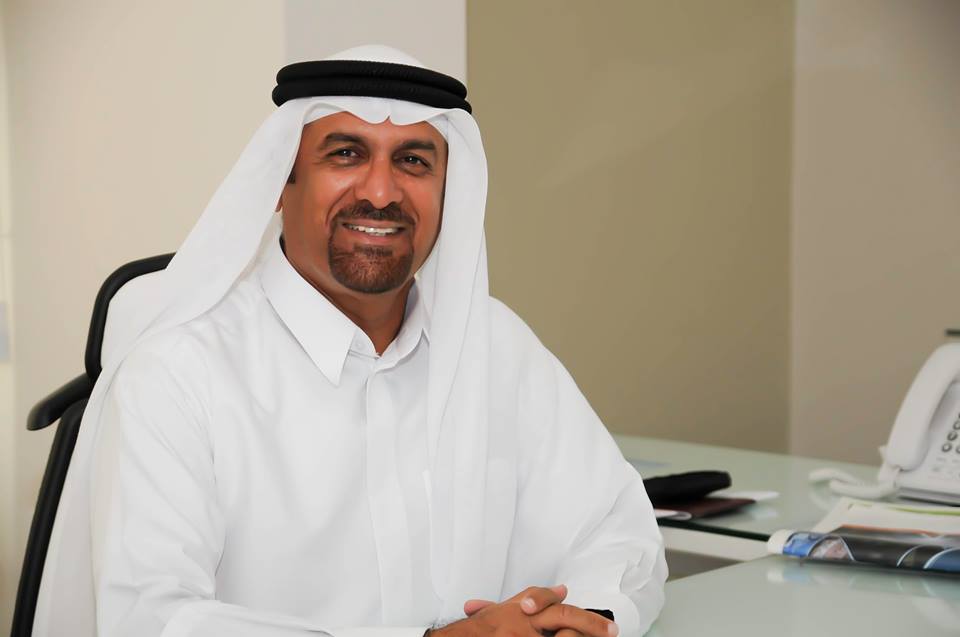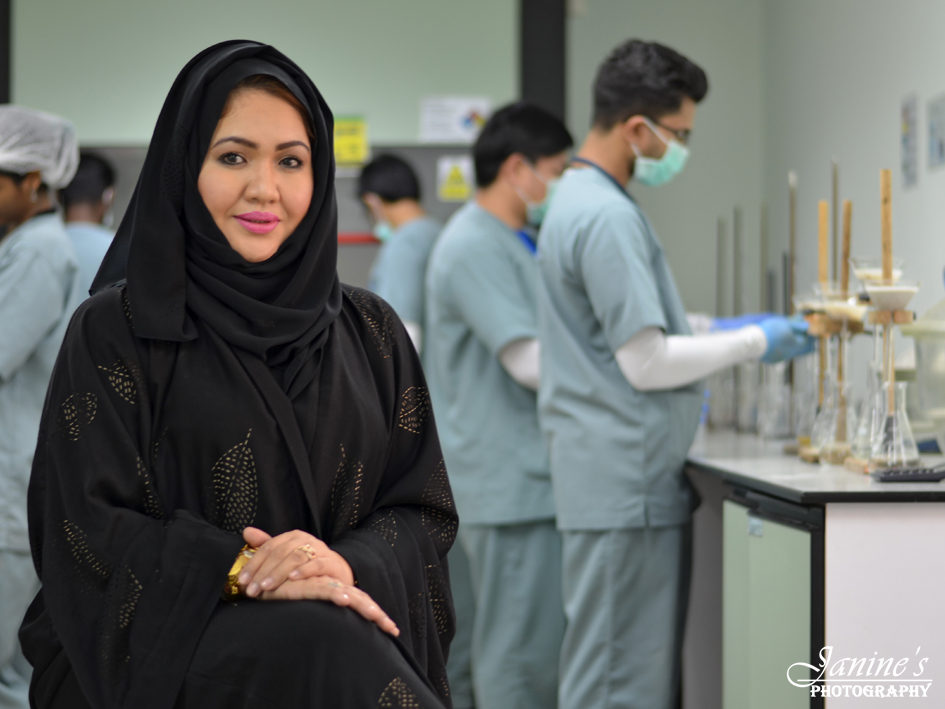- City Fajr Shuruq Duhr Asr Magrib Isha
- Dubai 04:20 05:42 12:28 15:53 19:08 20:30
A majority 95 per cent of UAE residents rely on food labels, but only 11 per cent check whether such claims are true, a new survey shows.
In fact, almost all the respondents (99 per cent) are not certain how to verify such claims.
Do you believe in what the food labels tell you?
That was a question 1,000 UAE residents were asked in a survey conducted by Prime Certification and Inspection, a sister company of Geoscience Testing Laboratory and the region’s leading quality and compliance solutions provider.
Almost all the respondents (95 per cent) answered in the affirmative, highlighting that residents believe such labels despite not knowing how to verify them.
“The survey goes to show that people do pay attention to what they are buying, but this should also serve as a reminder that they should not take everything as fact because there remain ambiguous health claims which bank on the marketability of products,” said Abdullatif Abdulla Ali Al Gargawi, Chairman, Prime Certification and Inspection.

Abdullatif Abdulla Ali Al Gargawi, Chairman, Prime Certification and Inspection. (Supplied)
With health awareness campaigns gaining popularity, a lot more people watch what they eat, but the certainty on whether they are getting the right information about the food they buy remains unverified.
According to the survey, the top five labels often seen by the respondents were 'fresh', 'low fat', 'all natural or 100% natural', 'sugar-free' and 'no caffeine'.
Al Gargawi said that with 89 per cent admitting that they do not check if such claims are true, many could be putting their health at risk.
“There are people with certain health conditions who have particular diet requirements. Diabetics would need to control their sugar intake, so they would need food that are ‘sugar-free’. Those who suffer from palpitations would need drinks that are ‘caffeine-free’,” Al Gargawi explained.
“If people were to believe the food labels without checking the facts [and they turned out to be false], this could be detrimental to their health. The sugar-free drink they just bought might be loaded with all the sugars that are bad for their health,” he said.
Andrea Giancoli, health advocate from the Academy of Nutrition and Dietetics in the United States, warned of misleading claims on the academy’s website Eatright.com.
“We have tons of added sugars in our food supply. We think that just because a product says ‘organic’ or ‘natural’, that means it’s better and healthier for us, but that’s not always the case… Whether [a product] has added high-fructose corn syrup or natural cane sugar, we need to be wary of both,” she said.

Mary Jane Alvero-Al Mahdi, CEO, Prime Certification and Inspection.
“The amount of carbohydrates on the [product] nutrition label also includes naturally-occurring sugars, which may be a significant amount in foods such as yoghurt and fruit,” said the website. It advised consumers to review the ingredients list on the nutrition label, asking them to “look for added sugars among the first two or three ingredients, including sugar, maltose, brown sugar, corn syrup, cane sugar, honey and fruit juice concentrate”.
The scare over trans fats has also led most food labels to declare that an item has “zero trans fats”, which is reassuring for a buyer. However, there’s a catch: according to the US Food and Drug Administration, a product can make that 'zero trans fats' claim if each serving has less than 0.5gm of the fat.
But when a person consumes several servings of, say, microwaved popcorn, they are consuming quite a bit of trans fats. Nutritionists advise buyers to check the ingredients list and see if the item has any partially hydrogenated vegetable oils; if yes, then the item will have some trans fats. 'No trans fats' is a more reliable label than 'zero trans fats'.
“Marketers have a way of selling goods, and if such ‘health’ claims could help in the movement of products, they would find the way to publicise them,” Al Gargawi said. “This is where the state-of the-art technology and meticulous, scientific inspection of products come in.”
As stated above, 99 per cent of those surveyed indicated that they do not know how to verify the brands’ claims.
“When people are scanning product labels, they should look for the basis of the claims. Aside from checking the ingredients list, one would have to check the fine prints for them to know how the company got the descriptions for their products,” said Mary Jane Alvero-Al Mahdi, CEO, Prime Certification and Inspection.
“It would also help if products would bear the seal of reputable inspection and certification companies that are accredited by government bodies. This is a service that would soon be introduced by Prime,” Al Mahdi said.
“Prime is working on providing companies the certification they need to assure the consumers that they would be getting the nutrition they need and their money’s worth. This would also differentiate them from products with misleading claims,” Al Mahdi added.
![]() Follow Emirates 24|7 on Google News.
Follow Emirates 24|7 on Google News.